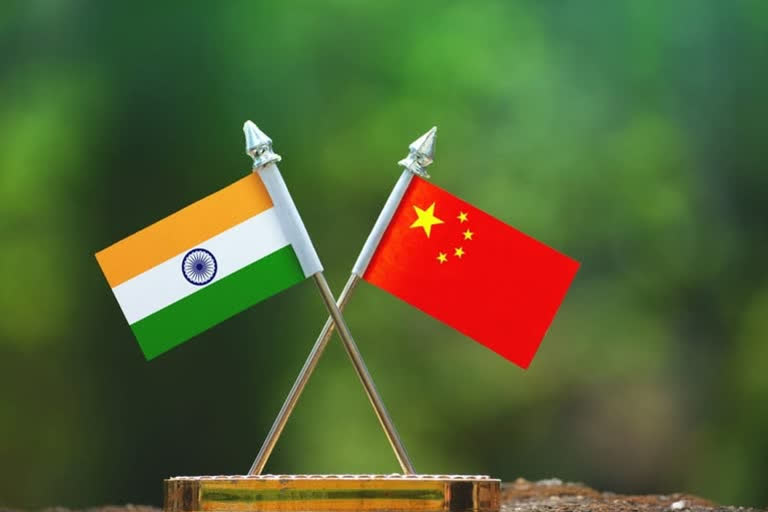New Delhi: India on Tuesday imposed anti-dumping duty on certain steel products coming in from China, Vietnam and Korea for five years. The decision was on expected lines following the death of 20 Indian soldiers in a violent clash with Chinese PLA in the Galwan Valley this month. However, it was an outcome of nearly a year-long investigation by Indian authorities which was initiated in July last year much before the hostilities broke in May this year. Trade experts say a better method will be to use non-tariff barriers against China to curb the Chinese imports, a trade manipulation tactic frequently used by the Chinese themselves.
“The provision to impose anti-dumping duty exists under the WTO rule but the nodal investigating agency must receive a valid and verifiable complaint from an affected company or the industry to initiate the enquiry,” said former commerce secretary Ajay Dua.
Delhi based development economist and former bureaucrat says it’s a long-drawn and time-consuming process as every country will have to follow the method prescribed by the World Trade Organisation.
ALSO READ: China blames India for border clash, urges stability
“It’s a completely transparent process and you will have to summon the exporting country, hear its views and then pass an order,” Ajay Dua told ETV Bharat. “There cannot be an ex parte order in such cases.”
Another trade expert, who declined to be named, says a minimum of two months’ time will be required to complete even a preliminary investigation in an anti-dumping case.
“It can be done on the basis of industry complaint or the government can initiate an enquiry on its own. A suo-moto investigation,” the trade expert told ETV Bharat.
“For example, if we started an investigation on June 15 then the first-order could not be passed before August 15,” he said while requesting not to be named.
In India, Directorate General of Trade Remedies (DGTR), under the Ministry of Commerce is the nodal agency to receive and investigate the matter related to anti-dumping duties. Tuesday’s order was passed by the revenue department after an enquiry conducted by the DGTR.
Non tariff barriers to be more effective
According to trade experts, a better way for India is to use the same tactics which have been frequently used by Chinese authorities - to deploy a host of tools known as non-tariff barriers.
“We can use a tariff wall but that is open to challenge at the WTO. Non-tariff barriers are much more effective than the tariff barriers,” said the former secretary in the ministry of commerce and industries.
According to international trade experts, non-tariff trade barriers may include asking the exporting countries to comply with child labour laws.
“In some countries, they just initiate an enquiry into Child labour issues and till the time the enquiry is complete, the exporter will not be able to send its consignment,” Ajay Dua said.
Read also: Know all about decades-old India-China border disputes
He says another way is to look into any trademark violation case that may be pending against a country at the World Intellectual Property Rights Organization (WIPO). If a case is pending then certain exports can be blocked from that country till the time it gets relief from the WIPO.
According to trade experts, another important non-tariff barrier is to thoroughly examine consignments coming in from a particular country or a group of countries.
“Consignments can be held at the Customs, banks can be asked not to release the payments to exporters. These are some non-tariff trade barriers and China herself has used them frequently in the past,” said Ajay Dua.
"If Chinese authorities want to discourage imports coming in from some countries then they will ask the banks not to release payments to foreign exporters. If you complain against non-payment by banks then authorities will take time to look into the matter and resolve the issue," he said.
Read also: 'Galvan's PP14 and finger 4 with China'
India can also invoke security exceptions against China
Trade experts suggest that in addition to non-tariff trade barriers, India can also invoke security exceptions against China.
“Security exceptions can be invoked under three circumstances, one of them is the situation of war and other emergencies in international relations,” the trade expert cited above told ETV Bharat.
“If you invoke the security exception then you can do almost anything,” he said, adding that a country can not only raise import duty but it can also completely prohibit the import which it cannot do in a normal situation.
Read | Defence Minister Rajnath Singh attends Victory Day Parade in Russia



